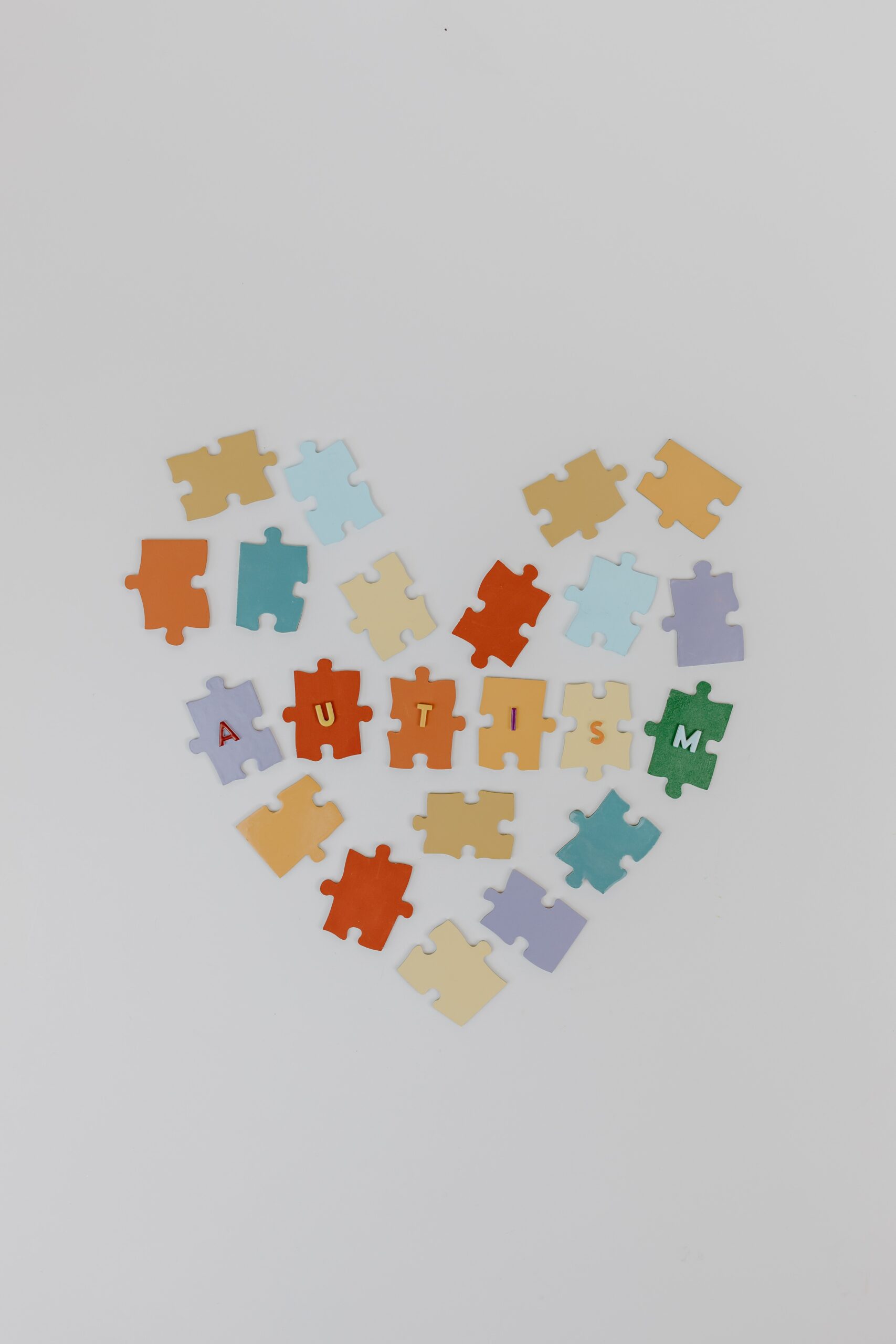
a developmental disorder that appears by age three and that is variable in expression but is recognized and diagnosed by impairment of the ability to form normal social relationships, by impairment of the ability to communicate with others, and by stereotyped behavior patterns especially as exhibited by a preoccupation with repetitive activities of restricted focus rather than with flexible and imaginative ones.
-Merriam Webster Dictionary, https://www.merriam-webster.com/dictionary/autism#medicalDictionary
Autism is a developmental disease that interferes with social and communication skills.
Early detection allows autistic children to receive the specialised care they require.
The disorder’s first symptoms appear before a kid is three years old, and therapy comprises of therapeutic intervention.
1. Repeated Actions
Most autistic children have a predisposition for repeated behaviours. They may exhibit the same body movement or facial expression on a regular basis, or they may develop a compulsive demand for certain routines and patterns. Again, children can be picky, but if a child becomes extremely angry when their toys are rearranged or when food is delivered, this could suggest a deeper problem.
2. Attachment to Things
Most kids have a favourite toy, dress, or item. Children with autism have an uncommon attachment to items, to the point where they engage with them as if they were persons. That object could be anything from batteries to cereal boxes, rather than a toy. They may communicate with and care for their prefered thing as if it were living, and they are frequently drawn to specific physical aspects of the object. Frequent touching of a single object or extreme concern about its placement or whereabouts are some signs of this tendency.
3. Aloofness
Because autism causes underdevelopment of social skills, most children with the disorder exhibit aloofness. They frequently choose to avoid their peers and spend more time with inanimate items than with humans. They may even avoid or appear minimally active in interactions with those closest to them. Such aloofness is frequently confused with shyness, making it difficult to detect this autistic symptom.
4. Having Difficulties with Everyday Activities
Every child develops at a distinct rate and has unique personality features. Some people learn concepts like sociability, play, and hygiene faster than others. If a youngster struggles with everyday activities that most children his or her age have mastered, this could be a symptom of a developmental delay. If the child’s ability to learn or accept concepts does not improve despite repeated emphasis, they may have autism. A child with autism, for example, will struggle to adjust to changes such as moving to a new location or even minor adjustments in daily routine.
5. Sensitivity that is out of the usual
Autistic children interpret sensory input differently than other children, exhibiting a remarkable sensitivity to external stimuli such as light, sound, taste, smell, texture, or colour. Children with autism are frequently extremely fussy about the colour of their clothing or refuse foods with a specific texture or flavour. While all children might be adamant about their preferences, those with autism are frequently too obsessed.
6. Extremely Low Sensitivity
Autism can sometimes produce hyposensitivity rather than hypersensitivity. In this setting, infants may not react instinctively to stimuli in the way that most people would expect. They may put themselves in perilous circumstances and appear unconcerned about the repercussions. A youngster who reacts carelessly to a burn or intense cold, or who does not react as expected when scraping their knee, may have autism.
7. Evident Development Delays
Although developmental milestones are estimations, they can assist parents in determining whether or not their children are developing at an average rate. If a child fails to meet numerous developmental milestones, such as babbling and gesturing by 12 months, speaking single words by 16 months, and saying two- or three-word sentences by age two, tests for developmental delays or diseases may be ordered.
8.Self-Injury
Some children with autism damage themselves in the same way over and over, seemingly without learning from the consequences of their actions, due in part to a predisposition to react less strongly to stimuli. A youngster, for example, may continually knock her head, poke her eye, or pick at her skin.
9. Fixations
The disorder can create excessive fascination or obsession with a specific subject, similar to the concentration with specific objects that some children with autism develop. Autistic children frequently have specialised interests and attempt to learn everything they can about their chosen subject. A child with autism, for example, may spend hours watching a fan spin or become consumed with learning about an insect or the main character in a movie. This differs from the typical child’s inclination to swiftly change interests.
10. Communication Difficulties
Autism frequently reveals itself in children as significantly impaired communication abilities. A youngster with autism may rarely initiate discussions and respond ineffectively to other people’s attempts to interact. The youngster may appear to be unaware of typical interaction rules, such as making eye contact with the speaker, speaking at an audible pitch, or performing what is asked of them. Some children have disobedient phases, but a youngster with autism may not grow out of these impulses.
In our next articles we will discuss some causes and risk factors of ASD. So make sure to get a copy of our next newsletter, subscribe to our newsletter community below. We are thrilled to have you join us and look forward to sharing the latest news, tips, and resources in the disability and home care industry. As a subscriber, you will be the first to know about our upcoming events, promotions, and exclusive content. Just scroll down below to enter your email address and join our newsletter community.










